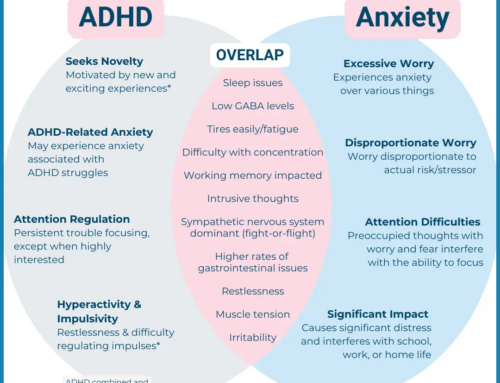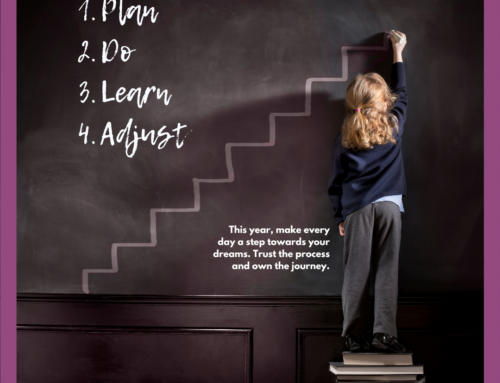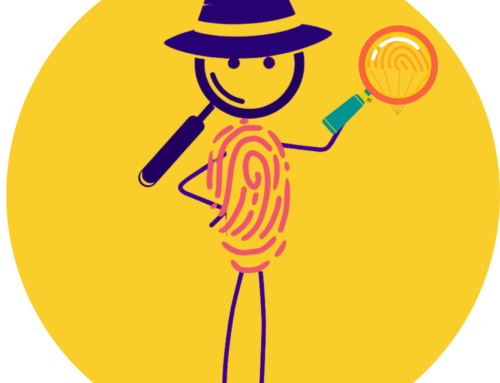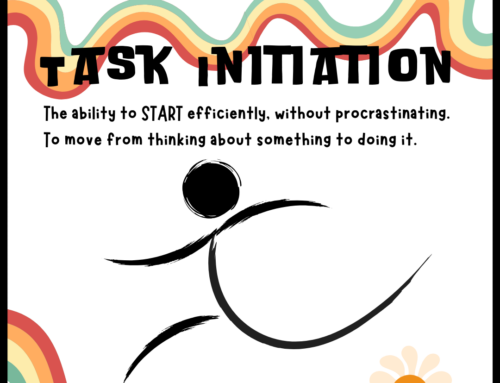In a bustling elementary classroom, students gathered for one-act-play rehearsals. Among them were Cameron, a vibrant student who loved to draw, (Cameron had been diagnosed with inattentive ADHD last year), Lucas, a diligent student-leader whose parent was also a teacher at the school the boys attended, and Brady, an athletic kid with a playful, mischievous side.
During these unstructured events when the teacher’s attention was divided among the students, Lucas and Brady took advantage of the situation. They would mock and taunt Cameron, pushing him until his anger boiled over, forcing him to yell at them to stop. It started one day when Lucas accidentally knocked Cameron’s drawing off his desk and had become kind of a tradition since. Amused, they would then tease him relentlessly, referring to his outburst as “raging.”
Feeling trapped and helpless, Cameron kept the torment secret, not daring to report Lucas and Brady’s behavior. After all, they were considered the “good” kids, and he feared that no one would believe him or that he would face repercussions for speaking out.
As time went on, Cameron’s unaddressed struggles took a toll on him. The constant bullying and his inability to defend himself weighed heavily on his mind. He developed depression and anxiety, unsure of how to communicate his needs and feeling unworthy of others’ time and energy.
With each passing day, Cameron’s self-esteem dwindled. He began to give up on himself, convinced that he was not deserving of support or understanding. His once lively spirit grew dim, overshadowed by the pain inflicted by his classmates.
The story of Cameron’s anguish serves as a reminder that good people can sometimes do bad things. Everyone loses when unkind behavior is tolerated or excused. Poor treatment causes unseen struggles below the surface everyone involved in the behavior. We can think of behavior as simply that – one set of actions in time. It doesn’t have to be an indicator or character. When called out and corrected, the behavior stops and everyone can move forward in the spirit of mutual support. Lucas and Brady probably didn’t realize how devastating their treatment was to Cam, but they didn’t get the chance to apologize. We all make mistakes, and we can all learn.
This simple story of mistreatment happens more often than you may realize, especially to students with ADHD and executive function or processing weaknesses. Their struggles go unseen because they don’t look obviously different, but the way they act may be different in small ways. Sometimes students with learning differences accept or tolerate mistreatment because they feel like they deserve it – that something is “wrong with them.” We know this is far from true, and none of us would want our children to feel this way.
Executive Function Skills discussions can offer the opportunity to support the truth that “differences are valuable” with actions in addition to words. Cameron’s story highlights the importance of addressing and providing support to those who are targeted, even if the culprits appear to be model students. And, in addition to providing support, we can educate kids on how and why those differences show up for each of us, to stop targeting before it even starts.
Talking about Executive Function Skills strengths and weaknesses in k-5 classrooms helps students and teachers understand one another. It brings light to the fact that there are often simple reasons or needs that are behind someone’s actions.
EF Skills Conversations also help students and teachers explore strategies for identifying and addressing bullying in educational settings, fostering a safe and inclusive environment for all students. By examining real-life scenarios like Cameron’s, we equip students and teachers with the tools to advocate for students who may be silently suffering.
Together, let’s create a community where no child feels unheard or unworthy, empowering them to overcome adversity and thrive in their educational journey!
Yours in the greatest journey,
Cara







